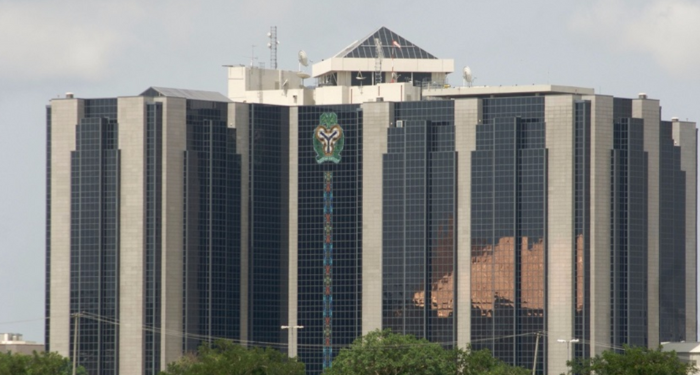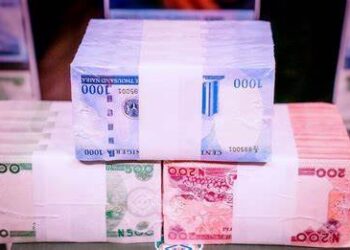The Central Bank of Nigeria (CBN) has alluded that there is a correlation between monthly disbursement from the Federation Account Allocation Committee (FAAC) and liquidity in the banking system stating that it impacts the exchange rates.
The Governor of the CBN, Mr. Yemi Cardoso stated this during the press briefing after the 297th Monetary Policy Committee (MPC) meeting of the CBN where MPR was further increased by 50 basis points to 27.25%.
Furthermore, Mr. Cardoso stated that going forward the apex bank will monitor future disbursement by the FAAC to determine its impact on prices.
He said, “The MPC noted the continued growth in money supply recognising the need to curtail excess liquidity in the system as well as address foreign exchange demand pressures.”
“Members were also concerned about the growing level of fiscal deficit but acknowledged the efforts of the fiscal authorities not to resort to Ways and Means financing. Furthermore, members observed a strong correlation between FAAC releases and liquidity levels in the banking system as well as it impacts on the exchange rates.”
“The committee therefore agreed to increase monitoring of future releases with a view to addressing its effects on price development.”
What you should know
Following the announcement of the removal of petrol subsidy in May 2023, the monthly disbursement by the three tiers of government through the Federal Accounts Allocation Committee (FAAC) has increased significantly owing to non-payment of fuel subsidy.
- Also, the exchange rate difference between the FX rate in the 2024 budget at N800/$ and the current rate has positively impacted the FAAC allocation and contributes significantly to total FAAC disbursement.
- According to a study by Agora Policy, Between May 2023 and April 2024, exchange rate gains contributed N4.23 trillion to the monthly FAAC allocation, accounting for approximately 20% of the total FAAC disbursement to the three tiers of government during that period.
- The research noted that in the four years prior, exchange rate gain as a constituent of total FAAC allocation average around 1.32%.
- Nairametrics previously reported that Nigeria’s money supply (M3) surged to nearly N100 trillion, reaching a record N99.24 trillion in May 2024.
- Data from the Central Bank of Nigeria’s (CBN) money and credit statistics for May shows a 2% month-on-month (M-o-M) increase from N96.97 trillion in the prior month and a 78% year-on-year (Y-o-Y) growth from N55.69 trillion in May of the previous year.
- Officials in the federal government had always attributed the increase in money supply as one factor responsible for the increase in inflation to a 28-year high at 34.19% and premised the recent monetary policy tightening as efforts to suck cash liquidity out of the economy.















.gif)






